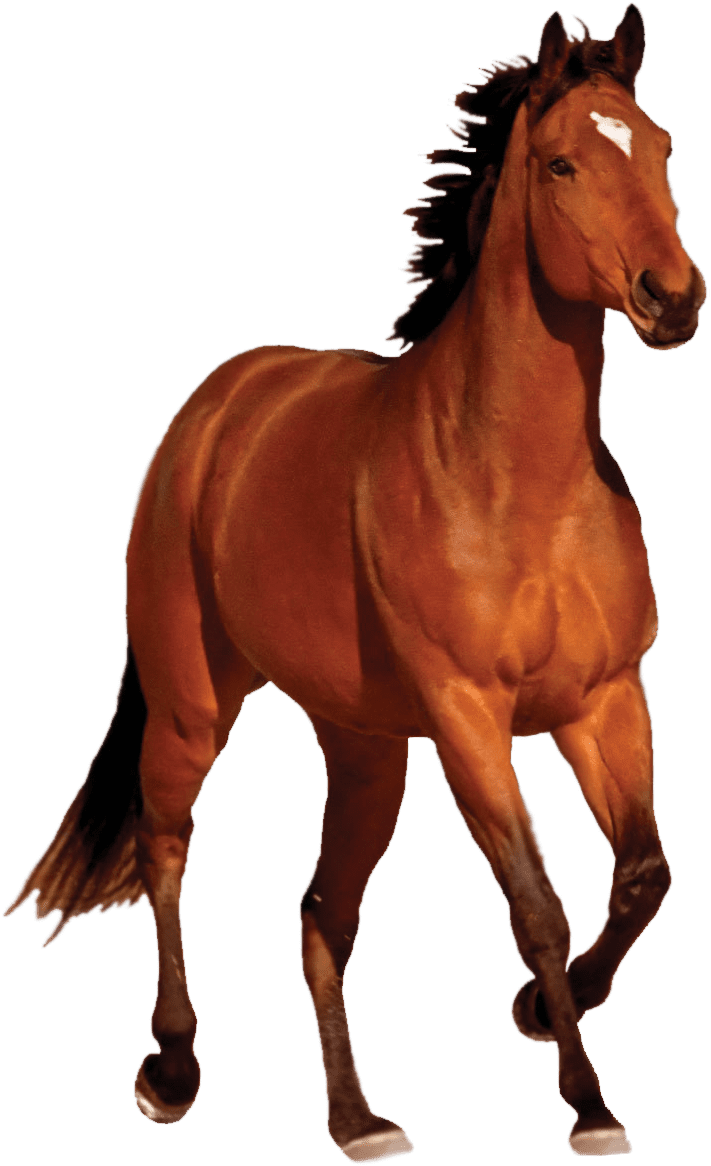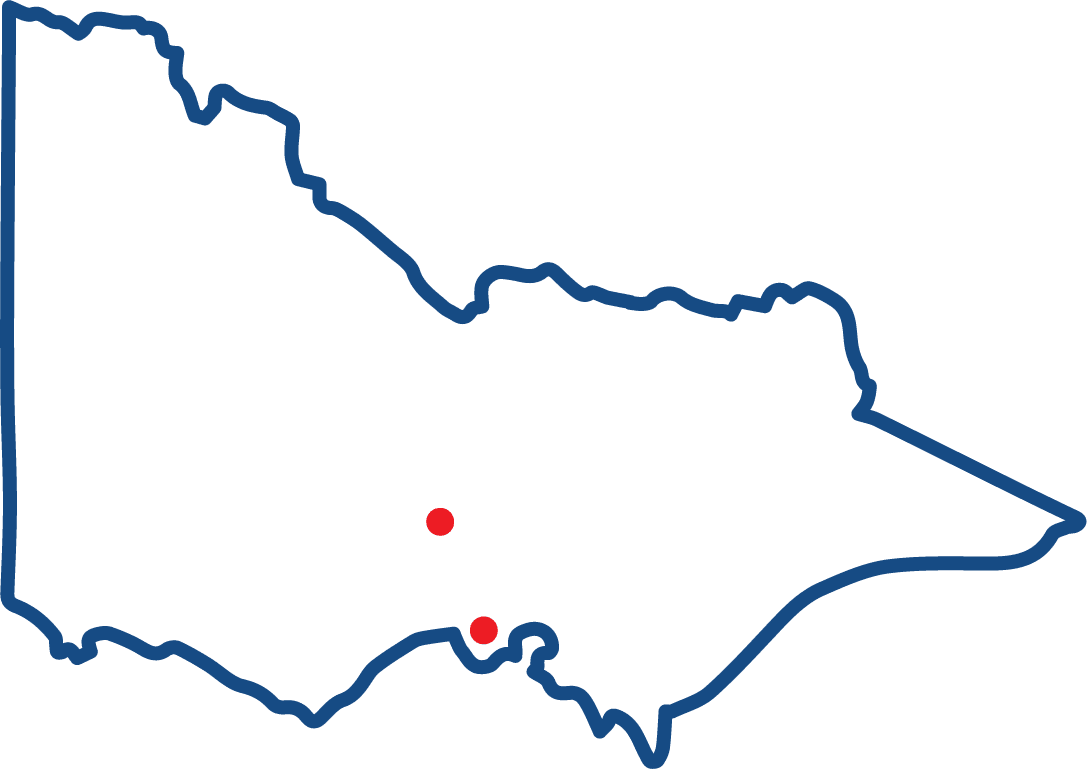The racehorse industry, with its blend of tradition, thrill, and business acumen, has always held an allure that transcends geographic and cultural boundaries. One of the most critical components of this industry is racehorse sales, which facilitate the transfer of these magnificent animals from breeders to trainers, owners, and syndicates.
These sales ensure a constant infusion of new talent into the racing world, making them vital to the ongoing health and vibrancy of the sport.
Understanding Racehorse Sales can often seem overwhelming due to the complex dynamics at play, including the types of sales, the sales process, key stakeholders, and significant economic and ethical considerations. To navigate this complex world, one needs reliable resources and insights from experts in the field.
One such expert resource is www.simonzahra.racing , the official website of Simon Zahra, a renowned Australian racehorse trainer.
The website provides valuable insights into the world of racehorse training, ownership, and racing, making it a valuable reference for anyone interested in the industry.
As we delve further into the intricacies of racehorse sales, the perspectives offered by professionals like Simon Zahra Racing will serve as a useful guide, helping us understand the real-world dynamics of this fascinating industry.
Types Of Racehorse Sales
There are five main types of racehorse sales that are significant in the industry:
Yearling Sales
These sales involve horses that are approximately one year old, typically before they have started formal training for racing.
These horses have developed enough for buyers to evaluate their potential based on their physique, pedigree, and conformation, although they are still considered a relatively speculative investment.
Foal Sales
Also known as weanling sales, these sales involve horses that are less than a year old and have just been weaned from their mothers. The very early sale allows for a longer investment period before the horse reaches racing age.
Two-Year-Olds in Training Sales
At these Racehorse Sales, horses are close to or at racing age and have begun their formal training. They usually demonstrate their ability on a racetrack, allowing buyers to evaluate their speed and style of running. These sales are considered less risky as buyers can better assess the horse’s racing potential.
Breeding Stock Sales
These Racehorse Sales typically involve mares and stallions that are used for breeding. The value of these horses often lies in their own racing record or the performance of their progeny. Buyers purchase these horses to improve their own breeding stock.
Mixed Sales
These Racehorse Sales feature a mix of horses of different ages and training levels, including yearlings, two-year-olds, and breeding stock. They offer buyers a wide variety of choices depending on their specific needs and investment strategies.
Each type of sale has its own specific dynamics and factors influencing the prices of the horses, including the horse’s pedigree, physical attributes, previous performance (if any), and market conditions.
To navigate these sales successfully, buyers often need a thorough understanding of the horse racing industry and the specific characteristics of the type of sale they are participating in.
The Racehorse Sales Process
Understanding the racehorse sales process can be divided into three main stages: preparation for sale, conducting the sale, and post-sale activities.
Preparation for Sale – Racehorse Sales
This initial phase involves the selection and preparation of horses for sale. Horses are groomed, exercised, and presented in their best possible condition.
Pre-sale medical exams are usually conducted to provide potential buyers with information about the horse’s health.
The horse’s details are then cataloged and often included in a sales catalog, which provides comprehensive information about the horse, including pedigree, race records (if any), and relevant health information.
Conducting the Sale – Racehorse Sales
Racehorses are commonly sold through public auction, where the highest bidder purchases the horse. The auctioneer plays a crucial role, managing the bidding process to ensure it is conducted fairly.
Potential buyers often work with agents to help select and bid on horses. The process is regulated by terms and conditions set by the auction house, which include stipulations about payment and default.
Post-Sale Activities – Racehorse Sales
Once a sale is finalized, the ownership of the horse is transferred to the buyer, who then typically arranges for transportation of the horse to its new home.
After the sale, the new owner often organizes for the horse’s ongoing care, which might involve hiring a trainer if the horse is intended for racing, or arranging for boarding and care if the horse is breeding stock.
Each stage of the sale process requires meticulous planning and careful consideration, as the welfare of the horse and the investment of the buyer are both at stake.
The Business Of Racehorse Sales
The business of racehorse sales is a multifaceted industry that involves various stakeholders and a range of economic, ethical, and welfare considerations.
Key Stakeholders – Racehorse Sales
This includes breeders who produce and initially raise the horses, owners who invest in and profit from the horses, and trainers who prepare horses for races.
Veterinarians ensure the health of the horses, while auction companies facilitate the sales process. Buyers, including individual owners and syndicates, provide a market for the horses.
Economic Factors – Racehorse Sales
The racehorse sales market is influenced by global and local economic conditions, which affect buyers’ willingness and ability to invest in horses.
The market also depends on the success of progeny in racing, as a successful racing horse can significantly increase the value of its siblings and other relatives. Additionally, changes in breeding trends and technology can influence which horses are in demand.
Ethical and Welfare Considerations – Racehorse Sales
Ethical considerations include the fair treatment of all parties involved in the sale, while welfare considerations focus on the treatment of the horses themselves.
Ensuring good health, proper care, and humane treatment of the horses is paramount. Regulatory bodies oversee these aspects, setting guidelines and rules that must be followed.
Overall, the business of Racehorse Sales is a complex interplay of these various factors, requiring a balance of business acumen, knowledge of horses and racing, and respect for ethical and welfare standards.
Future Trends In Racehorse Sales
As we look towards the future, several key trends are likely to shape the landscape of racehorse sales:
Impact of Technology – Racehorse Shares
Advances in technology are reshaping all aspects of life, and racehorse sales are no exception. Online sales platforms are becoming more prevalent, providing increased accessibility and convenience for buyers and sellers alike.
Furthermore, advances in medical testing are allowing for more accurate and detailed health assessments of horses, reducing risk for buyers.
The use of data analytics is also becoming more prominent, helping buyers make informed decisions based on comprehensive analysis of a horse’s pedigree, performance, and other relevant factors.
Globalization of the Racehorse Industry
With the world becoming more interconnected, racehorse sales are becoming an increasingly global affair.
Buyers and sellers from around the world are engaging in transactions, leading to a more diverse and dynamic market. This is also leading to an increased sharing of knowledge and best practices across different regions.
Sustainability and Racehorse Aftercare
As societal awareness about animal welfare grows, the racehorse industry is coming under increased scrutiny. This is leading to a greater focus on sustainability in all aspects of horse racing, including sales.
Practices that ensure the long-term welfare of the horses, such as responsible breeding and comprehensive aftercare programs, are becoming more common and are expected to play an increasingly important role in the industry.
Overall, the future of racehorse sales will likely be shaped by technological advances, increased globalization, and a heightened focus on sustainability and welfare.
This will require all stakeholders to adapt and innovate, leading to a more modern, ethical, and globally connected racehorse sales industry.
Conclusion
The world of Racehorse Sales is a dynamic and complex industry that intersects commerce, sport, and animal welfare.
From yearlings to breeding stock, these sales serve as the backbone of the horse racing industry, enabling the transfer of equine athletes and contributing to the excitement and thrill of the sport.
In navigating through the multifaceted aspects of the business, types of sales, the sale process, key stakeholders, economic factors, ethical and welfare considerations, it becomes evident that expertise, careful planning, and respect for the animal are crucial.
The industry is continuously evolving, with technology, globalization, and sustainability concerns shaping its future. As we continue to explore and appreciate the rich tapestry of racehorse sales, it is important to remember the centrality of the horse in this narrative.
Websites like www.simonzahra.racing provide invaluable insights and practical knowledge, illuminating our understanding of the industry.





